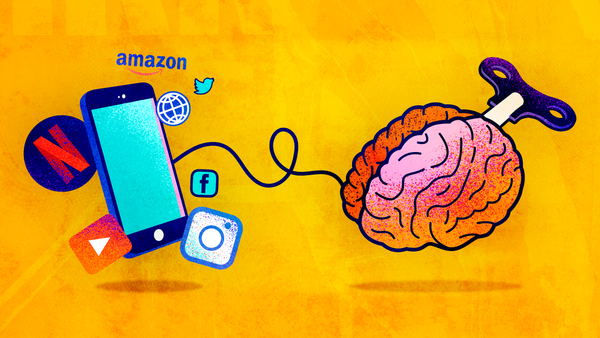Understanding the Dark Triad
Traits of Narcissism, Machiavellianism, and Psychopathy

In our pursuit of understanding the complexities of human behavior, one concept that stands out for its intrigue and relevance is the Dark Triad. These are three interconnected personality traits: Narcissism, Machiavellianism, and Psychopathy. Though they are often associated with negative and manipulative behaviors, understanding these traits can offer profound insights into interpersonal dynamics, leadership, and the darker aspects of human nature.
The Dark Triad Explained
- Narcissism: This trait is characterized by a grandiose sense of self-importance, a deep need for admiration, and a lack of empathy for others. Narcissists often appear charming and confident, but their self-centeredness can lead to manipulative and exploitative behaviors. They are driven by a desire for power and recognition, often at the expense of others' needs and feelings.
- Machiavellianism: Named after the political philosopher Niccolò Machiavelli, this trait involves a strategic, manipulative approach to life. Individuals high in Machiavellianism are pragmatic, calculating, and unbound by moral considerations. They excel at deceiving others to achieve their goals, viewing interpersonal relationships as a game of strategy rather than genuine connection.
- Psychopathy: Psychopathy is marked by impulsivity, a lack of remorse or guilt, and shallow emotional responses. Psychopaths are often fearless and can make ruthless decisions without the burden of emotional consequences. They are adept at mimicking emotions to manipulate others, making them effective yet dangerous in high-stakes environments.
Why Understanding the Dark Triad Matters
These traits, when present in varying degrees, can manifest in individuals across all walks of life. From corporate leaders to politicians, and even in personal relationships, the influence of the Dark Triad can be significant. While these traits are often viewed negatively, they can sometimes contribute to success in competitive fields, where charm, manipulation, and emotional detachment can be advantageous.
However, the presence of these traits in someone close to you can lead to toxic relationships, emotional harm, and a lack of trust. Recognizing these behaviors allows us to protect ourselves and set boundaries. It can also foster a deeper understanding of why certain individuals act the way they do, enabling us to navigate complex social dynamics with greater awareness.
Spotting the Signs
Recognizing the Dark Triad traits in others—or even in ourselves—requires a keen awareness of behavior patterns. Here are some signs to watch for:
- Narcissism: Constant need for praise, dismissive of others' opinions, hypersensitivity to criticism.
- Machiavellianism: Deceptiveness, manipulative tactics, a focus on self-interest over ethics.
- Psychopathy: Impulsiveness, disregard for others' rights or feelings, and a tendency towards risky or harmful behavior.
Navigating Relationships with Dark Triad Individuals
Interacting with individuals who exhibit these traits requires a careful approach. Establishing firm boundaries, maintaining emotional distance, and avoiding unnecessary conflict are crucial strategies. It is also important to trust your instincts—if a relationship feels draining or one-sided, it may be influenced by these darker personality dynamics.
Final Thoughts
The Dark Triad is not just a collection of negative traits but a lens through which we can better understand the complexities of human behavior. By recognizing and understanding these traits, we empower ourselves to make informed decisions in our personal and professional lives. As we continue to explore the nuances of human psychology, the Dark Triad remains a vital area of study that reminds us of the diverse spectrum of human personalities.
Stay curious and keep exploring the depths of the human mind.
You Might Also like:
- 9 Subtle Signs People May Not Find You Attractive
- What Your Face Reveals About Your Personality and Emotions
- How Do I Know If I’m in a Relationship with a Narcissist? Signs, Symptoms, and What to Do
- Does a Narcissist Know They Are a Narcissist? Understanding Narcissistic Awareness
- The Untold Story of a Brave Child Activist: A Hero Who Fought Against Child Labor
- 7 Holistic Approaches to Boost Mental Health and Well-Being
- Anxiety Management: Strategies, Symptoms, and Treatments You Can Try at Home
- Stress Effects on Professional and Personal Life: 8 Best Ways to Overcome It
- Why Do People Feel Pleasure in Others’ Misfortunes? Understanding Schadenfreude
Valid Laws is a reader-supported publication. To receive new posts and support my work, consider becoming a free or paid subscriber.
Thanks for reading Valid Laws! This post is public so feel free to share it.
Start writing today. Use the button below to create a Substack of your own



